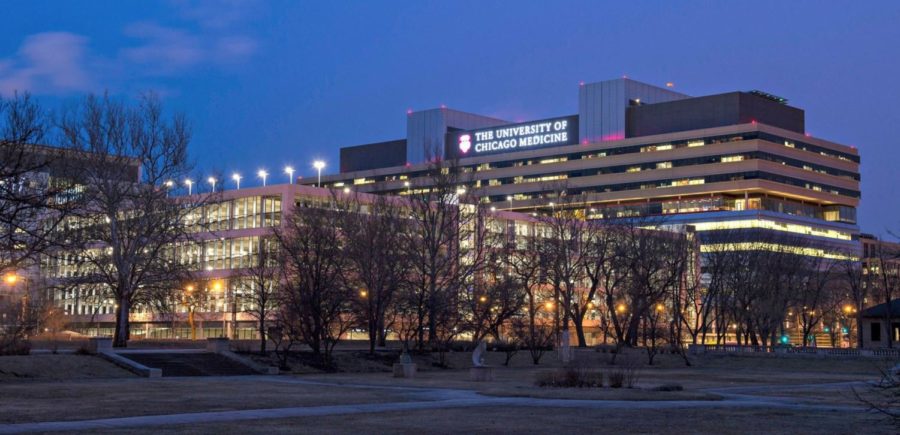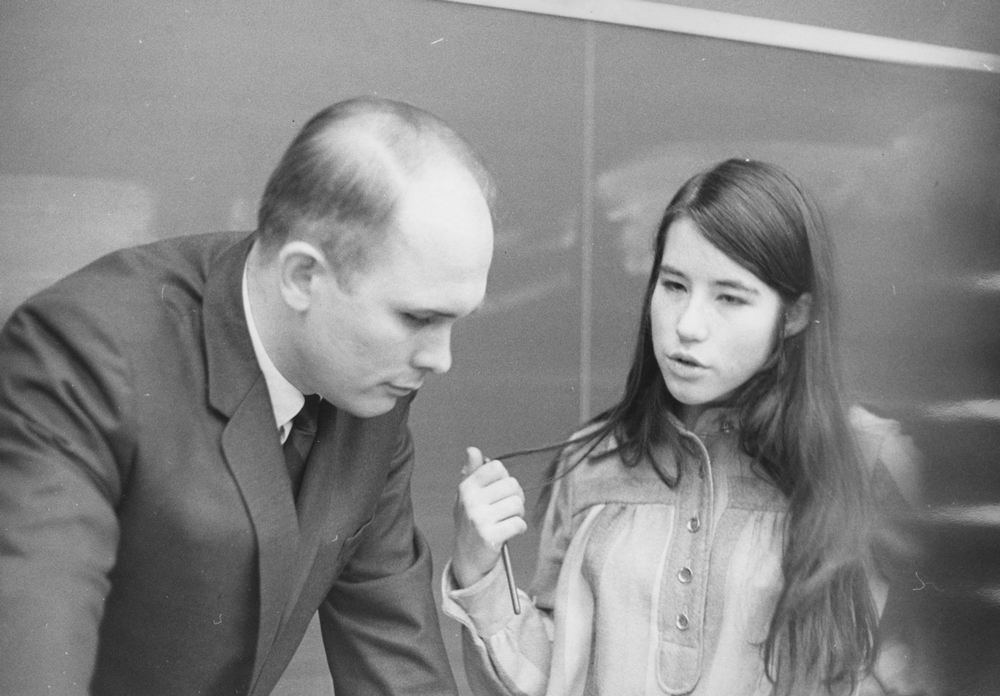The Assembly Hall of I-House was full Monday for Paul Rusesabagina, whose experience as manager of the Mille Collines Hotel during the 1994 Rwanda Genocide was chronicled in the 2004 film Hotel Rwanda.
Rusesabagina discussed his recently published autobiography, An Ordinary Man, which he said details the real-life events that inspired the Academy Award–nominated movie.
Rusesabagina was welcomed with a standing ovation. As the crowd settled, he said, “I would like to take you all for a ride back in history, to remind you of what happened in small Rwanda, which some of you may not even be able to locate on a map.”
He then detailed the bloodshed that he witnessed and expressed sorrow over seeing “father killing wife, priest killing parishioner, brother killing brother.”
Rusesabagina also emphasized his “frustration and bitterness” toward the international community. He described the Belgian soldiers who were supposed to offer his nation protection as just “neutral observers.”
Though Rusesabagina acknowledged that he, his people, and his family had been left alone, he said, “I never wanted to give up, because someone had to do something.”
It was with this promise that Rusesabagina began his tireless effort to secure the protection of anyone who would listen through faxes, phone calls, and contacts with local officials.
The Mille Collines Hotel was located in central Kigali, the capital of Rwanda. Under Rusesabagina, the city functioned as a safe haven for Tutsi refugees and moderate Hutus. Though approximately one million Tutsi lives were lost in the 1994 Rwandan genocide, none of the 1,268 people who took refuge in the hotel under Rusesabagina’s watch were killed.
During the question-and-answer period, Rusesabagina responded to a question about the international community’s role during situations like the Rwanda genocide.
“What we need today is a stronger message to people like the African dictators to remind them that they are not untouchable,” he said. “You and I can do a lot. Take my book as a wake-up call, reminding us that what happened there is still happening.”
The talk was presented as part of I- House’s World Beyond the Headlines series.








